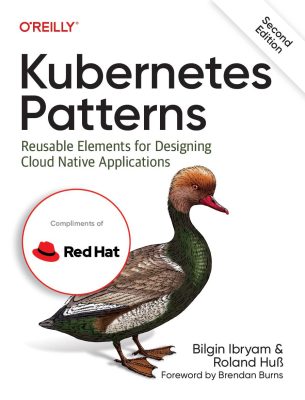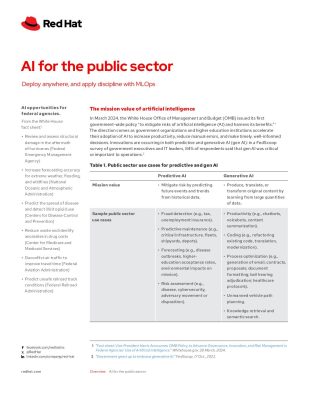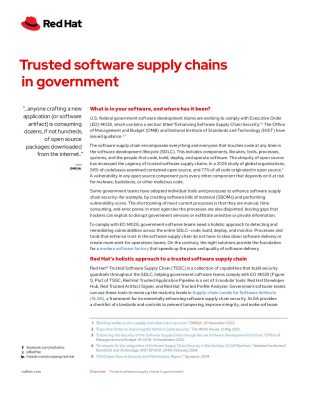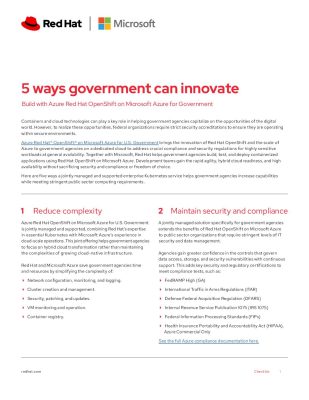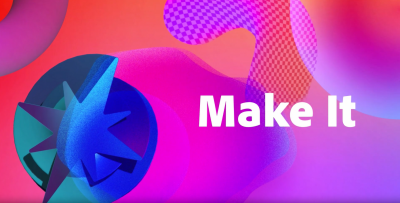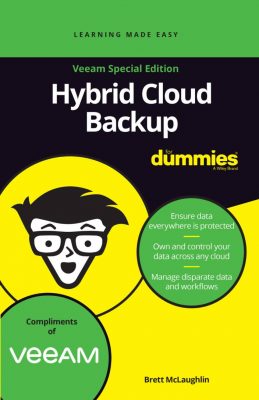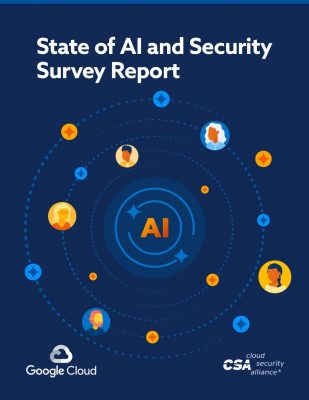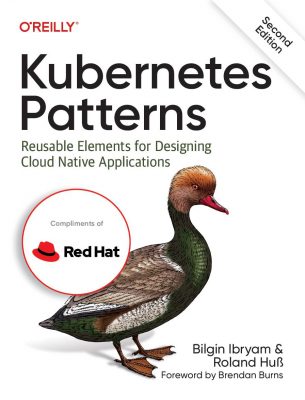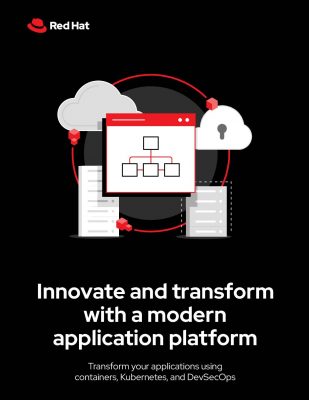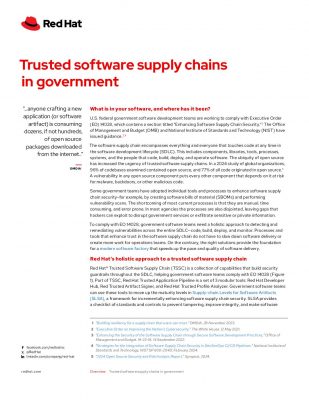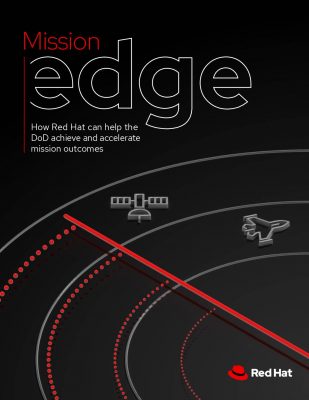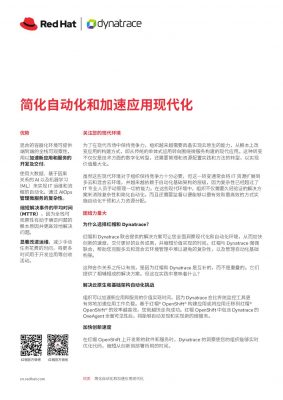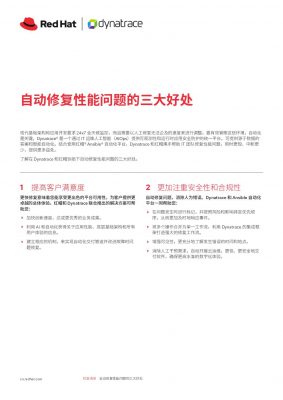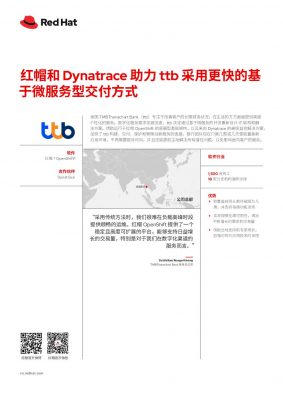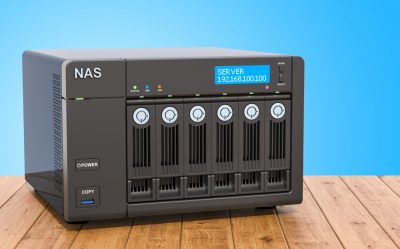Highlights:
- As generative AI systems enter production, governance is becoming a crucial responsibility, according to Informatica CEO Amit Walia.
- No-code data pipeline construction and execution with in-database SQL-based processing is supported by Enhanced SQL ELT for Microsoft Fabric.
Informatica Inc.’s new capabilities for Microsoft Corp.’s Azure cloud focus on simplifying the creation, deployment, and activation of AI and analytics using authentic data.
A collection of reference architectures and templates based on Azure Open AI services and Informatica’s Intelligent Data Management Cloud platform are offered by the Gen AI Blueprint for Azure OpenAI. Informatica Blueprints are free frameworks or strategic guidelines designed to assist businesses in developing and expanding data management applications. Data integration, data governance, data quality, master data management, and cloud data warehousing are just a few of the use cases for which they contain best practices, architecture suggestions, and deployment methodologies.
The new “recipes” for the Microsoft-specific generative AI blueprint make it easier to create generative AI apps and Microsoft Copilot experiences. They describe how businesses may accelerate AI projects while preserving data quality and governance by integrating Azure OpenAI, Azure AI Search, and vector databases like the vector database from Pinecone Systems Inc. While inbuilt data quality controls maximize retrieval-automated generating dataset selection, the blueprint offers contextualized questions and responses based on common business glossary terms.
As generative AI systems enter production, governance is becoming a crucial responsibility, according to Informatica CEO Amit Walia.
“Typically, companies begin a pilot, and they don’t have think about governance,” he added, “but the moment they come out of the pilot and want to take it to a next level the conversation very quickly becomes how do they govern it, who has access to the data. The more these experiments start giving them early results, governance is something they have to face.”
Data transfer and integration to ADLS Gen2 in Apache Iceberg format are supported by Open Table Iceberg Support for Azure Data Lake Storage Gen2, according to a second announcement. This makes it possible for users to benefit from Iceberg’s excellent performance and affordable price when storing and retrieving massive data sets for Power BI analytical workloads and Microsoft Fabric. Additionally, users have the option to choose the query engines that best suit their use cases.
No-code data pipeline construction and execution with in-database SQL-based processing is supported by Enhanced SQL ELT for Microsoft Fabric. According to Microsoft design partner Informatica, the service allows businesses to immediately combine, transform, and clean data for analytics within Microsoft Fabric’s data warehouse.
ELT, which stands for “extract/load/transform,” is a data integration process that involves first extracting data from several sources, loading it into a data lake or warehouse, and then transforming it into formats that can be used for analysis within the target system.
According to Informatica, SQL ELT enables users to effectively validate data and improve analytics within Microsoft Fabric, including data governance, processing quality checks, and insights obtained from Microsoft PowerBI.
